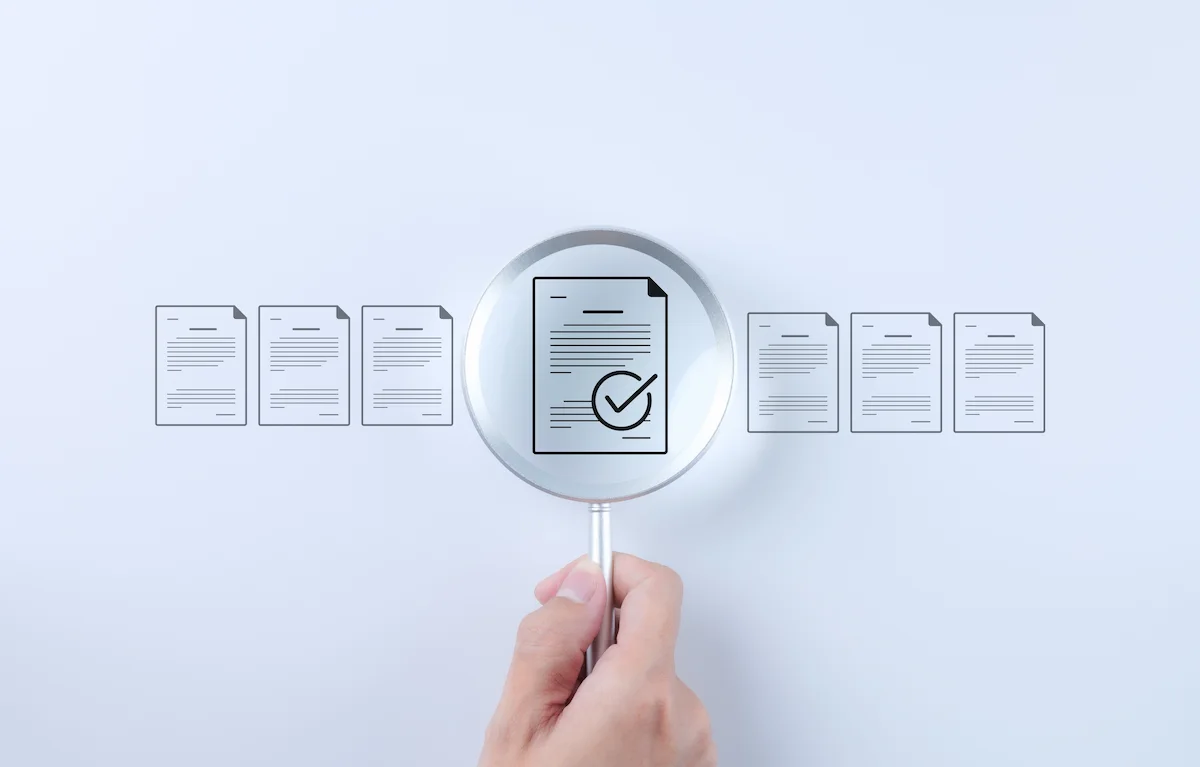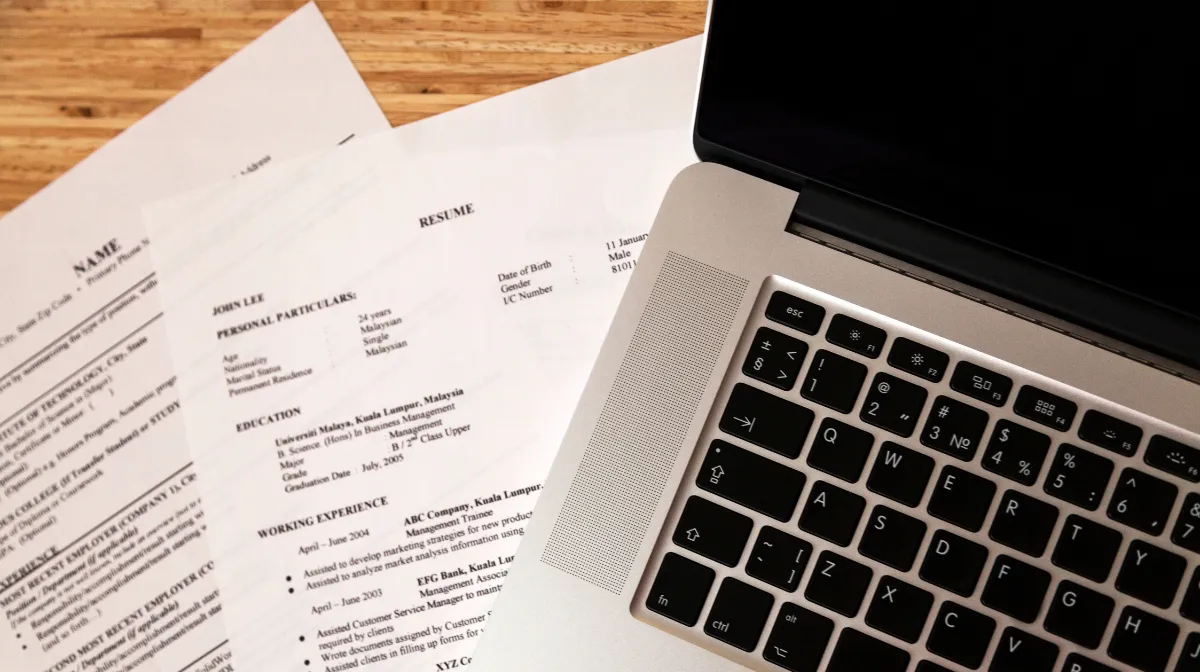For IT professionals working in Japan and considering obtaining a spousal visa, this article provides practical information, from basic knowledge necessary for visa application to specific procedures, and even career planning after obtaining the visa.
We will explain step-by-step, from preparing your visa application and understanding the assessment criteria to eventually obtaining permanent residency.
1. Spousal Visa | Essential Knowledge for Engineers

A spousal visa (officially “Spouse or Child of Japanese National” residence status) is a residence status necessary for foreigners who have married Japanese citizens to live in Japan.
This visa is for those who have completed legal marriage procedures in both their home country and Japan. This visa is highly advantageous for foreigners, including engineers, in establishing a stable life foundation with their spouse in Japan.
While international marriages within Japan are increasing, fraudulent marriages have become an issue. Therefore, it is important to prepare carefully when applying for a spousal visa.
This residence status is extremely important for foreigners wishing to live in Japan, and obtaining it can greatly expand career development possibilities in Japan.
Reference: Immigration Services Agency: “Spouse or Child of Japanese National”
Characteristics and Benefits of a Spousal Visa
One characteristic of the spousal visa is the removal of work restrictions.
You can work freely in various employment types, such as full-time employee or part-time worker, without obtaining the normally required “Permission to Engage in Activity Other Than That Permitted Under the Status of Residence Previously Granted.”
Another characteristic is the freedom to devote yourself to academic pursuits.
With a work visa, you would need to change your visa status to attend a university, but with a spousal visa, this procedure is unnecessary. This makes it easier to pursue studies for career advancement.
Notable Benefits of a Spousal Visa
Requirements for permanent residency and naturalization are relaxed. Economically, you are treated almost the same as Japanese citizens, making it possible to start a business or work independently as a freelancer.
2. Application Procedures and Required Documents

Spousal visa assessments are conducted through document review only, so it is important to prepare the necessary documents thoroughly. In some cases, you may be asked to submit additional documents, so be prepared to respond promptly.
Preparation of Basic Required Documents
Documents needed for a spousal visa application are as follows.
For details, check the Immigration Services Agency website before submission.
Common Documents
- Application for Certificate of Eligibility (*1): 1 copy
- Questionnaire (*2): 1 copy
- Letter of Guarantee (*3): 1 copy
- Return envelope (with 434 yen postage): 1 copy
- *1-3: Formats are available on the Immigration Services Agency website.
Additionally, documents are required for both the foreign spouse and the Japanese spouse.
Other documents related to housing and proof of relationship with your spouse must also be submitted. While there are various documents to prepare, thorough preparation is the quickest way to a smooth assessment.
Housing-Related Documents
- Lease agreement: For the property where you plan to live together (or the certificate of registration if you own the property)
- Photos of the property: Of the place where you plan to live together
Other Documents
- Snapshot photos: 2-3 photos (travel, wedding, etc., showing the marital relationship)
- Email or messaging app exchanges (as proof of relationship)
Engineer-Specific Preparation Documents
There are no engineer-specific documents required for a spousal visa application.
However, it is particularly important to clearly demonstrate economic stability.
As with general work visa applications, it is essential to thoroughly prepare documents that objectively explain your career as an engineer and your economic situation.
When working in Japan as an engineer, many obtain the “Engineer/Specialist in Humanities/International Services” visa.
Important documents for this visa application include academic credentials, resume (work history), and certification of relevant qualifications.
Reference: Immigration Services Agency: “Engineer/Specialist in Humanities/International Services”
Application Process Flow
Here we explain the specific application process flow.
Completion of Marriage Procedures
Before applying for a spousal visa, you must complete marriage procedures in both your home country and Japan. The marriage certificate must be issued by an official institution such as your country’s embassy or consulate.
Preparation of Required Documents
Prepare the necessary documents mentioned above.
Application to the Immigration Bureau
The application for a spousal visa is submitted to the immigration office with jurisdiction over the Japanese spouse’s place of residence. The assessment after application typically takes 1-3 months. If you are asked to submit additional documents during this period, it is important to respond promptly.
Notification of Assessment Results
When the assessment is complete, the results will be sent by mail. If approved, go to the immigration office with the specified required documents to receive your new residence card.
If not approved… You cannot appeal to the immigration office. If you wish to obtain a spousal visa again, you will need to reapply. The reason for denial will be disclosed, allowing for appropriate response.
■日本でエンジニアとしてキャリアアップしたい方へ
海外エンジニア転職支援サービス『 Bloomtech Career 』にご相談ください。「英語OK」「ビザサポートあり」「高年収企業」など、外国人エンジニア向けの求人を多数掲載。専任のキャリアアドバイザーが、あなたのスキル・希望に合った最適な日本企業をご紹介します。
▼簡単・無料!30秒で登録完了!まずはお気軽にご連絡ください!
Bloomtech Careerに無料相談してみる
3. Career Development with a Spousal Visa

Since a spousal visa has no work restrictions, it enables diverse ways of working and flexible career formation.
However, caution is needed for actions that may affect income, such as changing jobs or employment types.
In some cases, there is a risk that new visa applications or renewals may be denied, so careful planning is required.
Points to Note When Changing Jobs
When changing jobs, income may fluctuate, but it is very important to demonstrate income stability to immigration when applying for or renewing a spousal visa.
Particularly if your income decreases significantly due to changing jobs, the risk of visa application or renewal denial increases.
Also, immediately after changing jobs, new workplace income is often not reflected in tax certificates, which may negatively impact the assessment.
Therefore, if you changed jobs just before a new application or renewal, prepare the following supplementary documents:
- Pay slips
- Employment contract
- Labor condition notification
- Job offer letter
- Withholding tax slip, etc.
By submitting these documents, you can clearly show your income situation after changing jobs and facilitate the assessment for obtaining and maintaining your visa.
Points to Note by Contract Type
A major characteristic of the spousal visa is its high degree of work flexibility.
You can earn a stable income as a full-time employee, of course, but you can also work at your own pace as a part-timer or freelancer. Furthermore, the path to becoming an entrepreneur by starting your own company is also open.
However, to maintain a spousal visa, income stability and securing an economic foundation are important. This is because the spousal visa requires renewal, and household income is subject to assessment at that time.
When choosing part-time or freelance work
You need to demonstrate to immigration that you can lead a stable life with the combined household income of you and your spouse. When changing contract types, prepare income verification documents such as pay slips or employment contracts to prove the stability of income at your new workplace.
If the applicant is not working
You need to prove that you can maintain your livelihood solely on your spouse’s income.
4. Points and Countermeasures for Engineer’s Spousal Visa Application Assessment

In the spousal visa assessment, the credibility of the marriage and the existence of an economic foundation are key points. The countermeasure is to prepare the necessary documents based on accurate information without omission.
Elements Emphasized in the Assessment
In the spousal visa assessment, “marriage credibility” and “economic foundation” are particularly emphasized.
Marriage Credibility
Whether the couple is truly living together is questioned.
Specifically, evidence of cohabitation such as joint lease agreements, utility receipts, travel photos, etc., is required. The circumstances leading to marriage, method of communication between spouses (what language), and recognition of the marriage by both families are also assessed.
Economic Foundation
You must demonstrate that you have a stable income to support married life in Japan.
Method of income verification… Resident tax assessment/payment certificate, etc.
If you have dependents, note that not having sufficient income according to the number of dependents can cause denial. As a concrete amount for a couple, an annual income of about 2-3 million yen is said to be a guideline.
If both spouses are unemployed or have unstable income, you need to clarify the source of living expenses, and if there is support from relatives, proof of this is required.
Past tax payment status is also subject to assessment, and if there are unpaid or delinquent taxes, the risk of denial increases. Submission of pay slips, bank account balance certificates, etc., may be necessary to demonstrate the stability of recent income.
IT Industry-Specific Countermeasures
There are no specific countermeasures unique to the IT industry, and you will need to take the same measures as for general spousal visa applications. It is important to thoroughly prepare documents based on accurate information and ensure there are no contradictions between documents.
Also, if you wish to change from a work visa to a spousal visa, you need to apply within the validity period of your current visa, and until the application is approved, you must meet the conditions of your current visa.
Countermeasures for Common Questions
The questionnaire is designed to detect fraudulent marriages and determine whether couples in international marriages can lead stable lives within Japan. Therefore, the questions mainly focus on verifying the authenticity of the marriage and economic status.
Specific Question Examples and Responses
What was the process leading to marriage?
Need to explain the process leading to marriage in chronological order.
What is your usual communication like?
Explanation of languages used, etc., is required.
What are your family compositions?
Ensure there are no contradictions regarding parents, siblings, residences, etc., on both sides.
What is your living situation?
Explain daily life and situation.
What is your economic stability?
Reliably communicate household income and its proof.
What is your past marriage history?
Especially if there are multiple divorces, explanation is required.
■日本でエンジニアとしてキャリアアップしたい方へ
海外エンジニア転職支援サービス『 Bloomtech Career 』にご相談ください。「英語OK」「ビザサポートあり」「高年収企業」など、外国人エンジニア向けの求人を多数掲載。専任のキャリアアドバイザーが、あなたのスキル・希望に合った最適な日本企業をご紹介します。
▼簡単・無料!30秒で登録完了!まずはお気軽にご連絡ください!
Bloomtech Careerに無料相談してみる
5. Life Planning After Obtaining a Spousal Visa

Since a spousal visa requires renewal, it is important to first plan to maintain your residence status.
Once you can maintain your visa, prepare for obtaining permanent residency. With permanent residency, you can develop long-term plans for career continuation and development in Japan.
Planning for Renewal Procedures
Spousal visa renewal can be applied for at the immigration office with jurisdiction over your residence from 3 months before the expiration date. Earlier application may be permitted with special circumstances such as hospitalization.
The period of stay after renewal is either 6 months, 1 year, 3 years, or 5 years. For the first renewal, 1 year is usually granted, and after subsequent spousal visa renewals, you aim for 3 years, then 5 years.
In particular, to obtain a long period of stay, the stability of married life and income status are important.
Two Types of Renewal and Assessment
Renewal assessments are divided into two types: “simple renewal” and “renewal requiring explanation of circumstances.”
Simple renewal assessment is relatively easy, applies when there are no major changes in living conditions, and results typically come out in about 2 weeks to 1 month.
Renewal requiring explanation of circumstances applies in cases of divorce, remarriage, decrease in income due to job change, etc. The assessment becomes stricter, so without submission of documents explaining the circumstances in addition to regular renewal documents, the risk of denial increases.
Since denial requires leaving the country, take care to prepare thorough documents with sufficient time before the procedure.
Reference: Immigration Services Agency: Application for Extension of Period of Stay
Preparation for Obtaining Permanent Residency
For those hoping to continue and develop their careers in Japan, obtaining permanent residency brings significant benefits.
Benefits of Obtaining Permanent Residency
No more restrictions on period of stay, eliminating the need for visa renewal procedures.
Increased social credibility. Easier approval for housing loans and bank financing, expanding life planning options such as home purchase and entrepreneurship.
No risk of losing residence status in case of divorce or death of spouse, allowing you to maintain your life foundation in Japan.
Relationship Between Permanent Residency and Spousal Visa
Normally, applying for permanent residency requires continuous residence in Japan for 10 or more years, but if you have a spousal visa, this residence period requirement is relaxed.
If you meet the conditions of “3 or more years of substantive married life” and “1 or more year of continuous residence in Japan,” you can apply for permanent residency.
As the first step to obtaining permanent residency, aim for a 3-year period of stay when renewing your spousal visa. For this, maintaining a stable married life and household income, and fulfilling public obligations are important.
Long-Term Career Planning
While Japan’s IT industry is a growth market, it faces a serious shortage of talent. As a result, there is a high demand for foreign engineers.
In this situation, obtaining a spousal visa or permanent residency is a major advantage in developing long-term career plans in Japan.
By 2025, it is said that about 430,000 personnel will be lacking. This situation should make it easier for IT engineers to make long-term career plans.
In particular, demand is expected to increase in system maintenance, DX business, AI, cloud, and security fields.
With a spousal visa or permanent residency, there are no work restrictions, allowing you to freely choose your way of working. If you can obtain advanced national qualifications, it will lead to career advancement and income stability.
6. Securing Your Life in Japan by Understanding the Spousal Visa
Obtaining a spousal visa is an opportunity to greatly expand your career as an IT professional in Japan. Careful preparation during application and planned career development after obtaining the visa are important.
Use this guide as a first step to building a stable life foundation and thriving in Japan’s IT industry, with permanent residency also in view.

















